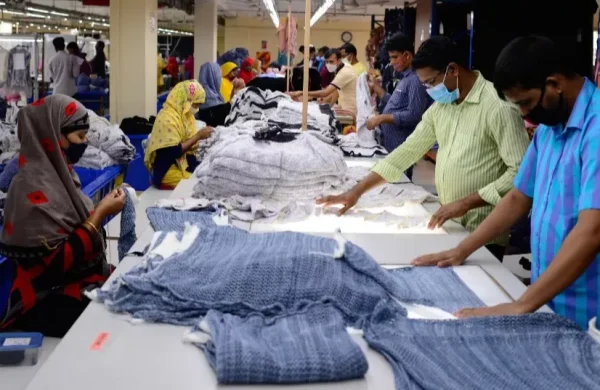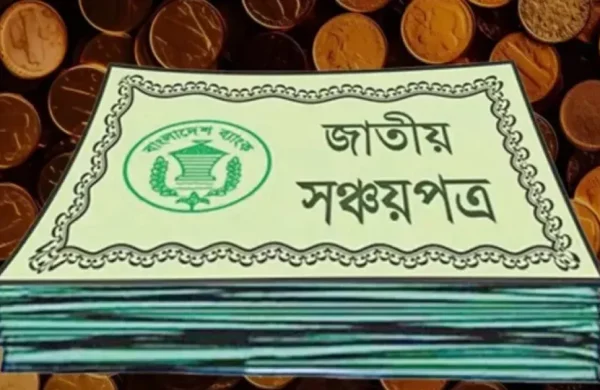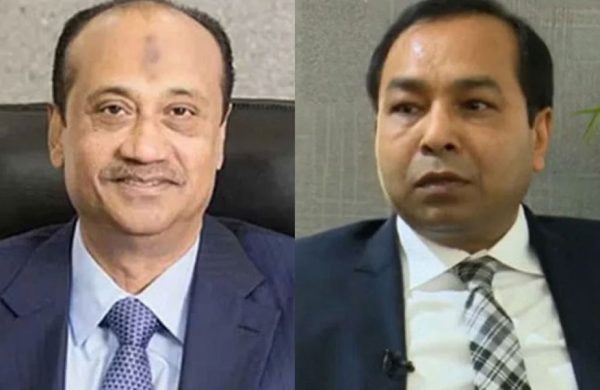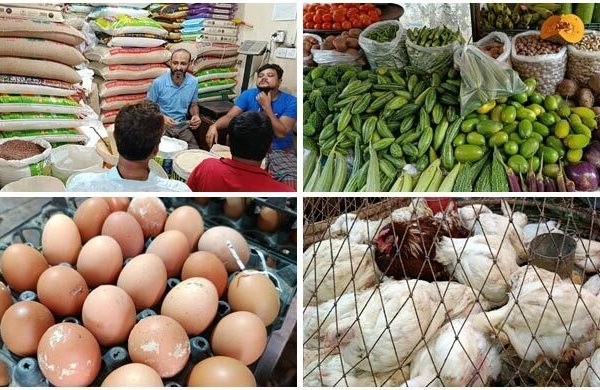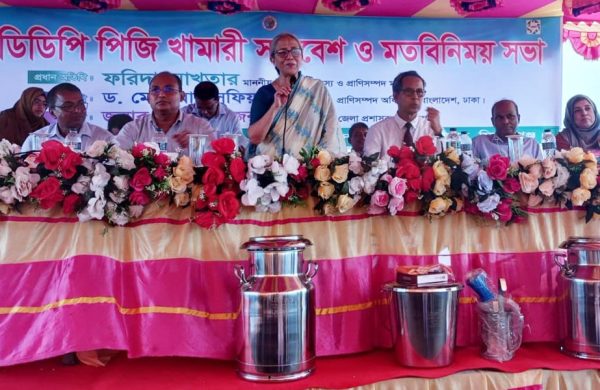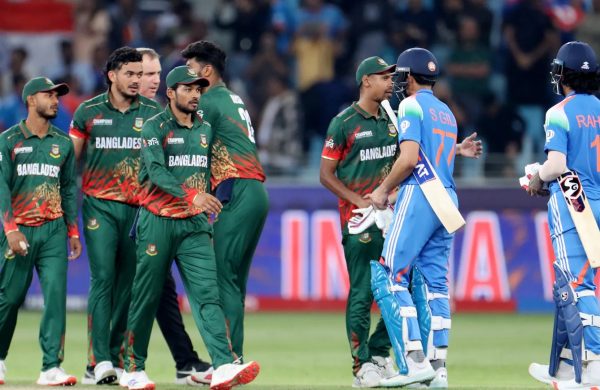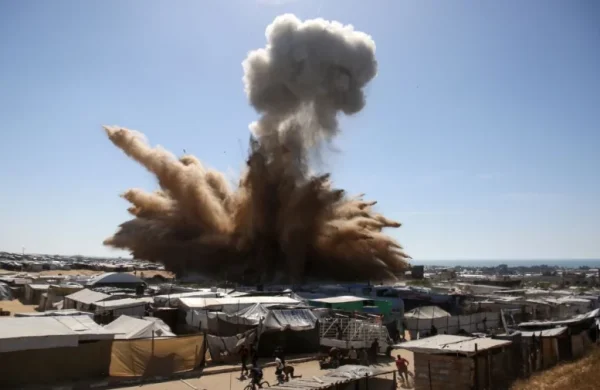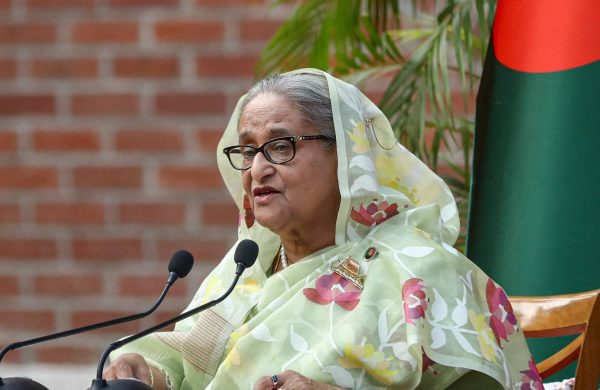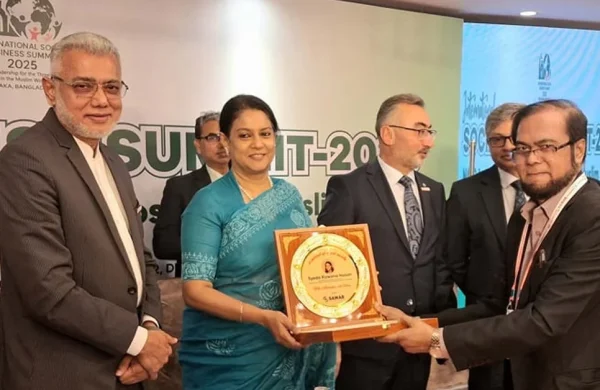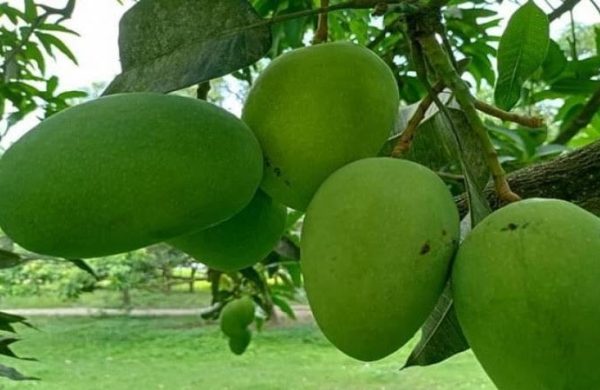Companies facing trouble for want of BSTI standards
- Update Time : Friday, June 14, 2024
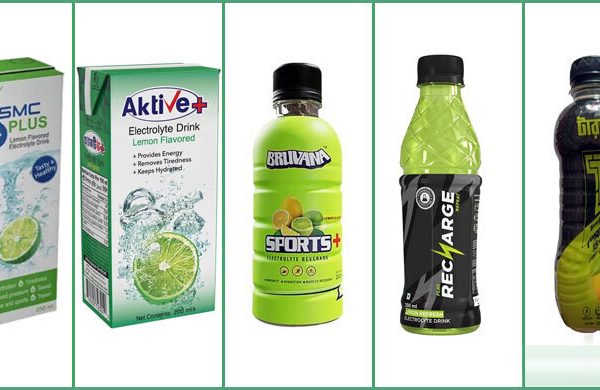
TDS Desk:
There are no specific statistics about the number of food products in the country but, 273 products are under the compulsory Certification Marks (CM) of Bangladesh Standards and Testing Institution (BSTI). Of the 273, less than half are food products. Manufacturers, packers, or importers are required to take the BSTI Certification Marks (CM) license to market obligatory products.
However, it is voluntary for any company to take a BSTI CM license to market any other food products outside the compulsory list. That’s why no obligation was laid down in the BSTI act, and Bangladesh standards or BDS made by BSTI should be followed in case of only manufacturing food products.
Recently, problems have arisen over some products. Companies are in trouble marketing such products that have no BSTI standard or policy, although there was no scope to take approval for these.
BSTI and the Food Safety Act do not say that products outside the CM license cannot be marketed without approval. However, if health risks are proven after marketing the product, the two authorities can take measures accordingly.
That means the products will be included in compulsory Certification Marks after making standards of products and testing quality based on formulated standards following marketing. Then, certification marks and management system certificates will be given after testing the products following the applications by the companies. That has been happening so far.
BSTI cannot issue a license for any product before making standards. In this regard, the institution’s deputy director Md Riazul Haque said, “We cannot approve any product which does not fall under the compulsory products and there is no bar to market it.”
He said, “BSTI issues two types of license. One is the CM license which a company is bound to take and such products are 273. Another is a voluntary license and such products are 4,300. If any company shows interest in taking this license, we provide it but it’s not obligatory.”
On the other hand, the Food Safety Act, 2013 of the Bangladesh Food Safety Authority (BFSA) does not say that any food product having no standard cannot be marketed. Rather, the authority has been asked in section 13 of the act to set quality and direction if any product does not have these. However, the authority has, so far, not fixed standards for any food product.
About this, Food Safety Authority member (law and policy) Nazma Begum said, “Actually, it is not possible to set standards of thousands of products in the market suddenly and it is also impossible to ban these. We test those that we think have health risks. Measures are taken only after these are proved harmful in the test.”
Consumers Association of Bangladesh (CAB) President Golam Rahman said that more essential products are supposed to be under the supervision of BSTI but it did not happen. It is necessary to increase BSTI’s capability because it is the country’s only standard regulatory institution.
He said people are very concerned about the quality of the food, and daily use products. BSTI must check the quality of these. If all products were brought under standard, all problems would be solved. But it is about impossible for BSTI in the current context.
BSTI sources said the institution has 76 committees to make standards for products important for people and they recommend making various important products obligatory. Then, the BSTI governing council finalizes these and the Law Ministry through the Industry Ministry confirms that compulsory list.
That means if the standard of any product is not fixed, its marketing will be stopped and it is BSTI’s duty to set standards for products based on importance and market demand.
Saidul Islam, director of the standard wing of BSTI, said companies will manufacture, pack, and market the products that are not under the compulsory product list but have a standard (BDS). There is no bar from BSTI in this regard.
The country’s well-known companies have been facing problems in marketing several products for a couple of years. Taking a license for the products was not obligatory. Recently, a court issued an arrest warrant against some company owners on the allegation of selling electrolyte drinks. Then, questions arose that if there is no option of obtaining approval, will the marketing of the products remain closed?
The companies concerned said diversification of products is necessary to survive in the markets at home and abroad. The diversification of export products in Bangladesh is less than that of other countries and that is why, the country is lagging behind in exports. On the other hand, various foreign companies occupy the domestic market of Bangladesh. A long process and lack of capability in formulating standards is a major barrier in the country.
Taslim Shariar, senior general manager of Meghna Group of Industries, said, “We are in a big trouble with licensing. A company will launch newer products and there will be innovation, it’s natural. But the government cannot set standards for it, this is their failure.”
He said, “A lot of newer products are being imported and these are not banned. When we go to innovate something good, it’s a problem. The government should give importance to this.”
Declined to be named, an official of the company, said, “BSTI has no standards on many products. How will we get approval when there is no option for approval? Earlier, we tried to get approval for a product, but they (BSTI) told us that you launch and we will approve it when a standard of this category is made. But we, later, faced a problem to market the product.”
The official also said, “Our law has ambiguity and alongside, some officials of the law-making institutions have a tendency to work against the companies in implementing it.”
On May 14, a court in Dhaka issued an arrest warrant against a few company owners for the alleged sale of five kinds of electrolyte drinks.
Kamrul Hasan, the food safety inspector of Dhaka South City Corporation, filed a case in the Pure Food Court against the companies for allegedly selling the drinks without a license.
The accused companies said they could not take a license as BSTI has no specific standard for electrolyte products. They tried to get approval for these kinds of drinks and failed to get the license, many companies, later submitted applications to BSTI to formulate standards for the product.
A higher official of SMC Group which sells electrolyte drinks in the market told the media, “When there is no option in BSTI to take approval of the product, how will we get approval of the product? We tried for approval but did not get it.”
However, BSTI’s technical committee on May 30 approved a draft standard of ‘electrolyte drinks (sports drinks), and the institution sent a letter to different companies seeking opinions within June 7 for final approval of the draft standard as Bangladesh’s national standard.
In this regard, BSTI deputy director Riazul said, “Standard of this product (electrolyte drinks) has not been set as it is new in the market. Now, its standard will be made soon as it has come up for discussion and the works are going on.”
Companies said this kind of electrolyte foreign products have been imported and sold for a long in the country but manufacturing of these began in the country on a limited scale three years ago which became known in the summer of last year. Then, several companies went into production and now they face case.



